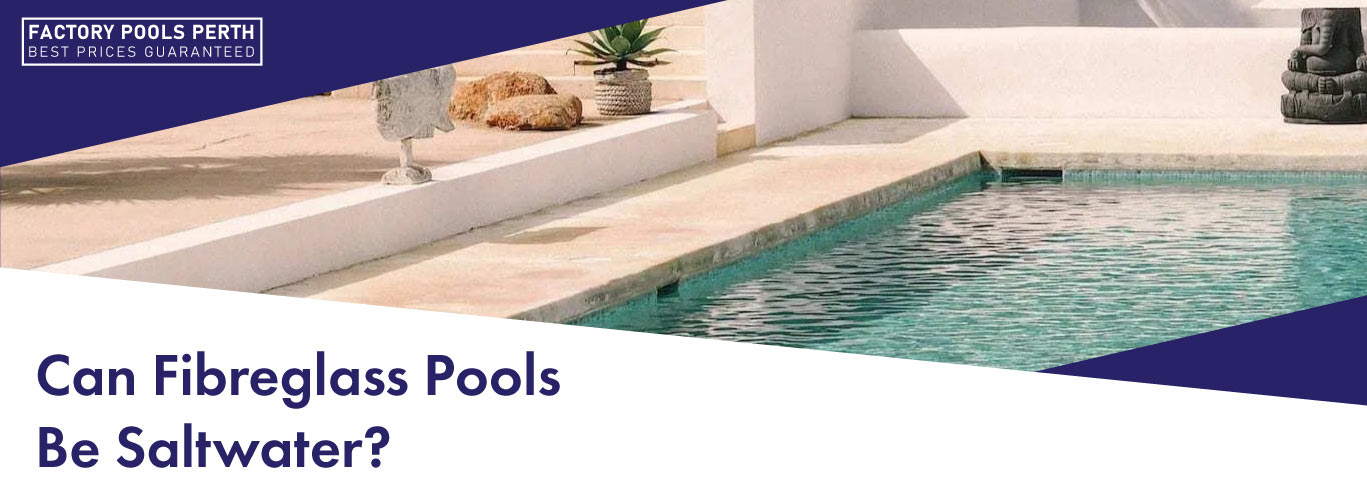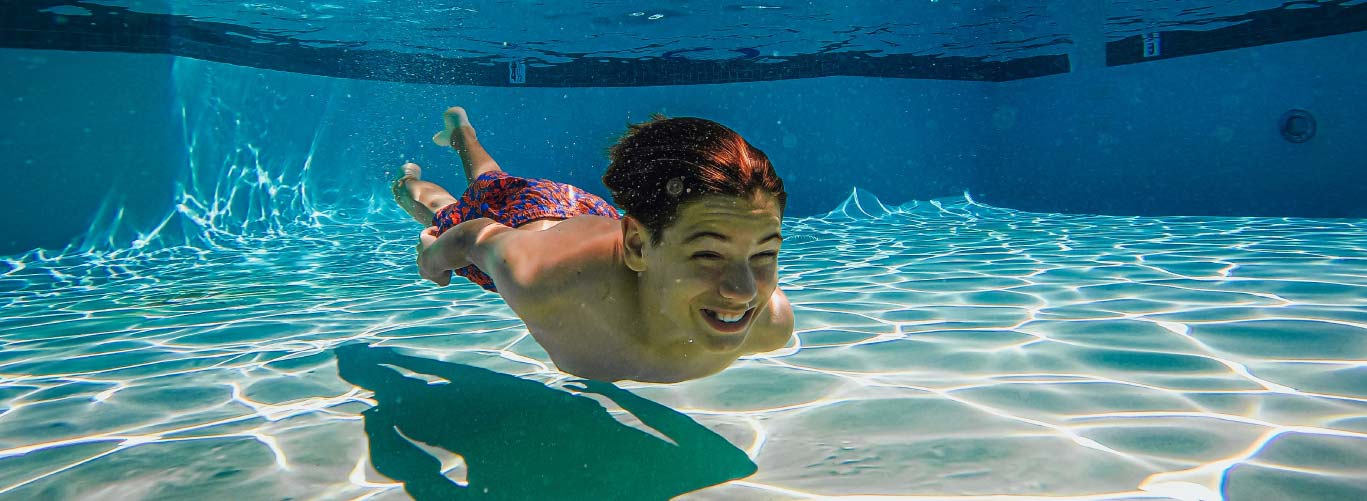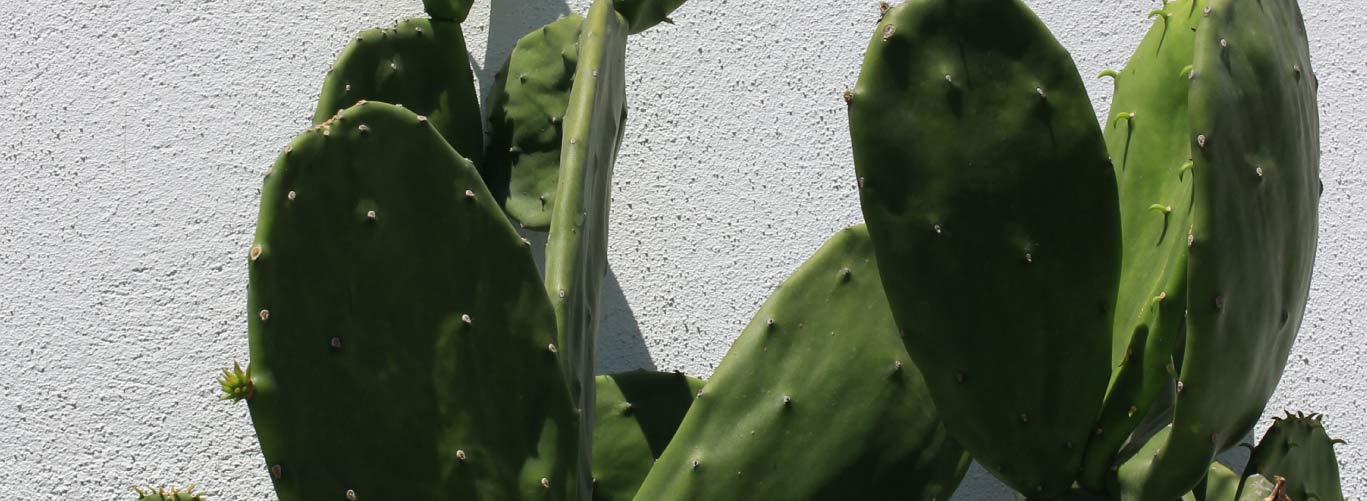Can Fibreglass Pools Be Saltwater?
Are you and your family wanting to avoid the “stinging eyes” and strong chlorine smell that chlorine pools are known for? Saltwater is a popular choice with pool owners and could be the answer you are looking for with your new fibreglass pool!

Having a saltwater pool does not mean it will be “salty” like the ocean. A saltwater pool is only about as salty as a teardrop! Chlorine uses large doses of concentrated chlorine such as powders, tablets and liquid to keep your pool clean, whereas the difference with saltwater pools is that salt is used instead. Your salt chlorine generator system will convert the salt into chlorine which is what ultimately kills bacteria and algae to keep your pool clean. Saltwater keeps your pool as crystal clear as chlorine-without any of the unpleasant side effects! Saltwater pools are largely preferred by Australians, with reportedly 80% of all Aussie pools having a saltwater system.
Effects of adding saltwater to my Fibreglass Pool:
The great news is that salt has no adverse effects on fibreglass pools and they are highly compatible! Because fibreglass pools are smooth and virtually non-porous, they do not attract bacteria and algae like concrete pools. This means less money spent on cleaning, chemicals and maintenance as well!
Effects of adding saltwater to my Concrete Pool or Vinyl liner pool:
Be mindful that saltwater may slowly wear away at the cement finish on concrete pools. It is abrasive on the interior surface, particularly more so with plaster than with aggregate (which seems to withstand salt slightly better). With vinyl-liner pools that are enforced with steel walls, it can be a risky option for there could be damage from galvanic corrosion if the liner was to be compromised. Vinyl-liner pools are also known to have metal parts which the salt will eat through and corrode.
Effects of saltwater to the area around my pool:
One thing to keep in mind when considering saltwater for your pool is the areas that are going to be around your pool, such as concrete, a deck or equipment. They will go through times of being wet from people getting in and out of the pool and splashing etc and then dry again. This creates high concentrations of salt and residue which may corrode any objects that have metal or aluminium fittings. Each time you use your pool it’s recommended to wash it down with some fresh water to avoid this from happening.

Advantages of Saltwater pools
- Most pool owners agree that saltwater “feels” softer than chlorine water. This could be because saltwater is much gentler on the skin. Processed chlorine is known to be much harsher on the body, it can make hair brittle and even change the colour. Traditional chlorine can also cause allergic reactions in some swimmers. Salt that is designed for use in swimming pools is chemically very like the salt that resides in our bodies. Salt is easy to handle and store.
- Saltwater pools are not hazardous if you accidently swallow the water, and it does not “burn” or sting your eyes if you open them underwater. Saltwater also doesn’t have a smell like processed chlorine does.
- Saltwater pools require less maintenance than traditional processed chlorine pools. The units automatically make chlorine every time the pool pump comes on.
- Saltwater pools are less expensive to operate overall.
Disadvantages of Saltwater pools
- The initial financial outlay of a saltwater system can be a burden for homeowners. There are many different salt chlorine generators on the market to choose from, and there are various factors to consider when choosing which type of sanitising option you want for your pool. Ultimately, it will come down to the homeowners decision around which one they prefer.
- Saltwater may be corrosive to the surface of concrete pools. This includes finishes made of plaster, and natural stone. It can leave residue on decking or edging of the pool and rust any aluminium or steel finishes that are in close proximately to the pool. (the salt water does not damage the surface of fibreglass pools)
- Saltwater will need extra attention to maintain the pool water balance. To avoid mineral deposits from building up in the salt cell and to support adequate PH levels, we recommend getting the water tested regularly by a professional pool cleaner.
- If your saltwater system isn’t maintained and/or used correctly, it may damage your equipment, especially outdated systems that have brass or aluminium fixtures.
- Saltwater pools require the pump to be running everyday for approximately 8 hours a day, sometimes more for larger pools. Keep this in mind for your energy bills.
Costs of Saltwater vs Chlorine
In comparison, there is not a huge pricing difference between saltwater and chlorine pools. The initial costs of a saltwater system is more than the chlorine set up, but then the chemicals for a chlorine swimming pool cost more per annum (around $150 a year). The salt for a saltwater pool will only set you back approximately $20 annually. Also you need to keep in mind (and your budget) that salt chlorine generators generally only have a lifespan of around 7 years. They cost $700 or more to replace.

Enjoying your saltwater fibreglass pool!
Saltwater pools haven’t been around for as long as chlorine pools, with them only making their debut around the 1980’s. In their short time, they have become increasingly popular and the preferred choice by many. A lot of people are choosing saltwater or converting their chlorine pool to salt as it is less expensive to keep clean and is less harsh on the skin. As mentioned there is more of an initial cost upfront however, customers are saving more money over the long term. If you have any questions regarding saltwater for your pool, feel free to call our experienced Factory Pools Perth team today.

